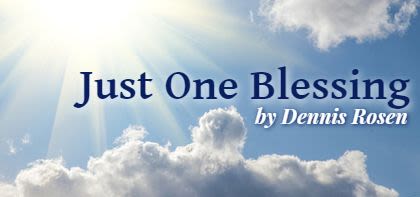
Just One Blessing
Why wait until you arrive in the Next World to realize that everything Hashem does is for your good?

In the Torah portion of Shemot (Exodus), God sends Moses to tell the Jewish people that they are about to be liberated from all their suffering in Egypt. However, immediately afterwards the suffering intensifies. Moses asks God why He is allowing things to get worse. God answers that what appears to be harshness and severity is really a manifestation of His mercy and kindness.
After reading the Torah portion in synagogue, I looked ahead to the next day’s Daf Yomi, Pesachim page 50a. Rabbi Acha bar Chanina said this world is unlike the World to Come. In this world, upon hearing good tidings we say, “Blessed are you Hashem, our God, King of the universe Who is good and does good.” Upon hearing bad tidings, one says “Blessed are You the true Judge.” However, in the World to Come there is only one blessing, “Blessed are You Who is good and does good.” How are we to understand this?
In one of his weekly Torah Wellsprings publications, Rabbi Elimelech Biederman writes that the Apter Rav shortly before his passing said, “I will refuse to enter Gan Eden until the people of Israel have their salvation.” After his passing when the harsh decrees only increased, people approached the Apter Rav’s son, and reminded him that his father promised that he would stop the terrible decrees. They asked why this did not happen.
The Apter Rav’s son explained that his father came to him in a vision and said now that he is in Heaven, he sees that even the harsh decrees are really concealed kindnesses –so why should he try to stop it?
Rabbi Biederman relates a parable about a blind and deaf person who was brought to the doctor to receive a vaccination. The patient doesn’t know where he is, and no one can explain it to him. He screams. He feels he’s being attacked and mistreated, but that’s only because he can’t see and hear. If he could only see and hear he would thank the person who brought him to the doctor, and he would thank the doctor too. Similarly, we are incapable of understanding the reason we must go through hardships, but we must believe without doubt that everything is kindness from Hashem.
Returning to the statement that there is only one blessing said in the next world, Rabbi Ephraim Risher says that it is only in the next world that we will look back in retrospect at what we had perceived as bad and acknowledge its inherent goodness. With this new perspective we will bless and thank Hashem Who is good and does good, regarding all the suffering that we have previously experienced.
Last month (January, 2021) was an extremely difficult and painful one. Many of us experienced extreme anguish over the painful and shocking events that occurred in Washington, DC. I personally entered Shabbat feeling very down. I know that’s not the way I was supposed to feel, but that was the reality. After learning this teaching, I thought: “Why wait until I arrive in the Next World to realize that everything Hashem does is for the good?”
By learning and internalizing this principle, it can give us the strength and encouragement we need to persevere through very difficult and unsettling times. Moreover, why wait until after we leave this world to thank Hashem for our tribulations? When we thank Him already in this lowly world, without seeing and understanding the inherent good in the situation – this is a supreme expression of emuna that is very precious to Hashem and evokes tremendous Divine compassion. When we act in a way that is above our nature, He sends us salvations that are above nature.
Psalm 119 contains King David’s statement: “The path of emuna I have chosen.” In the merit of choosing emuna and gratitude may we witness concealed kindness being transformed into revealed kindness and receive salvations that so urgently need in these troubled times.



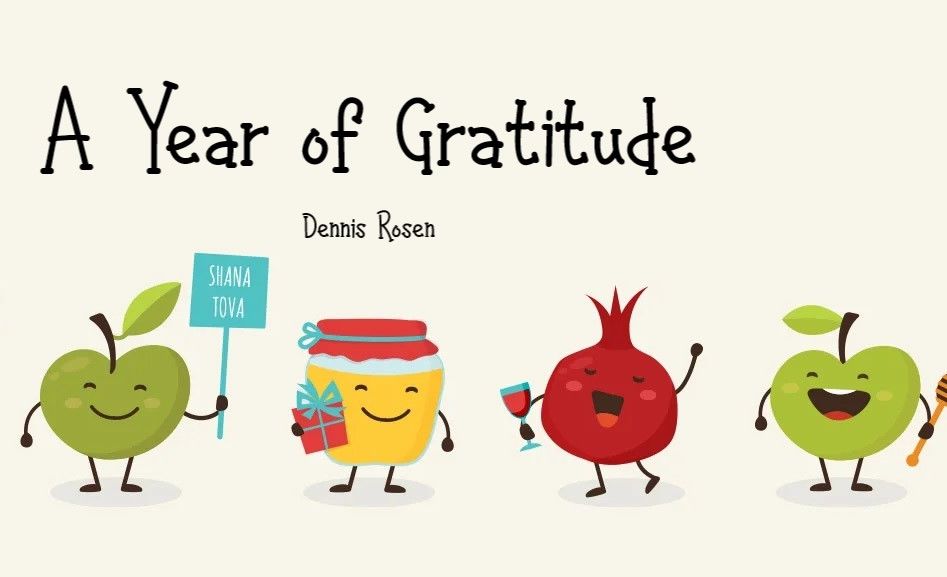
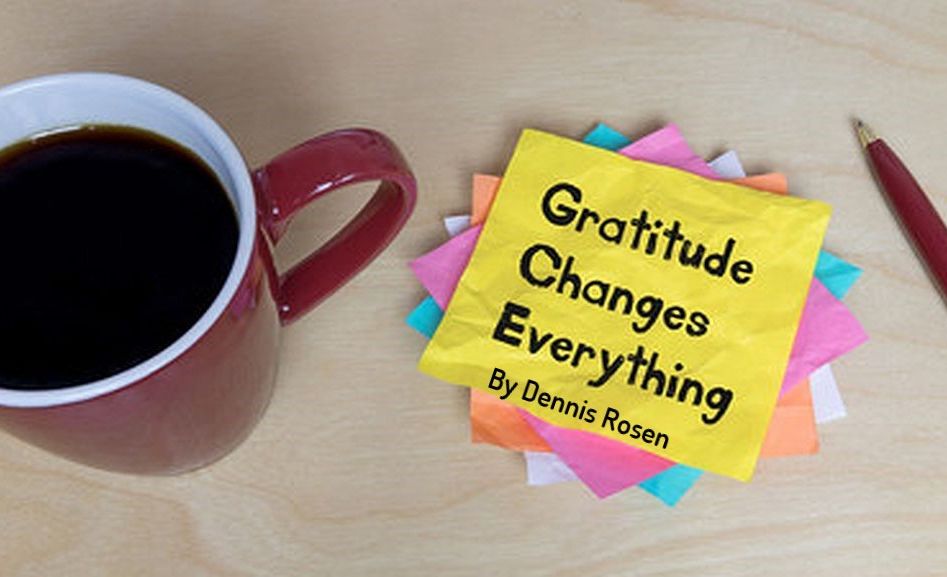
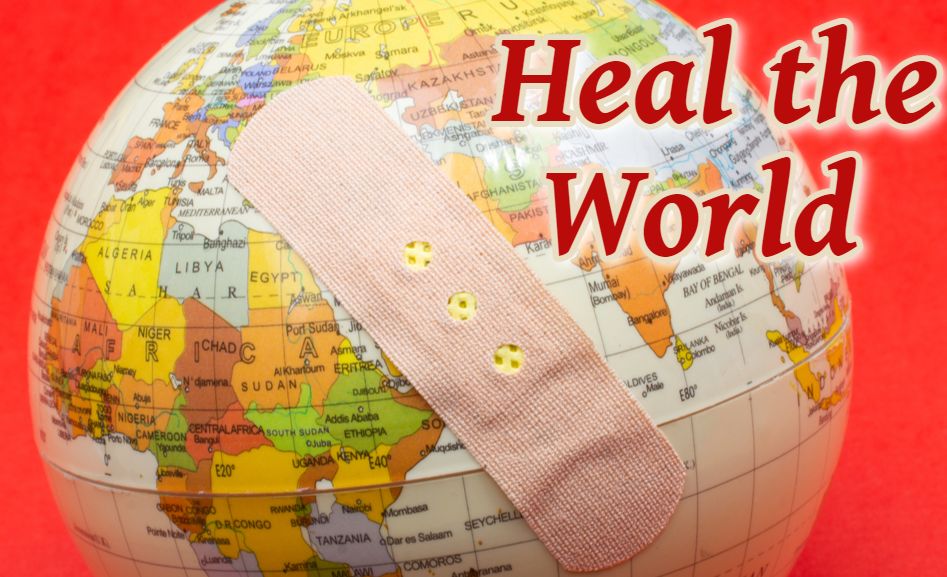

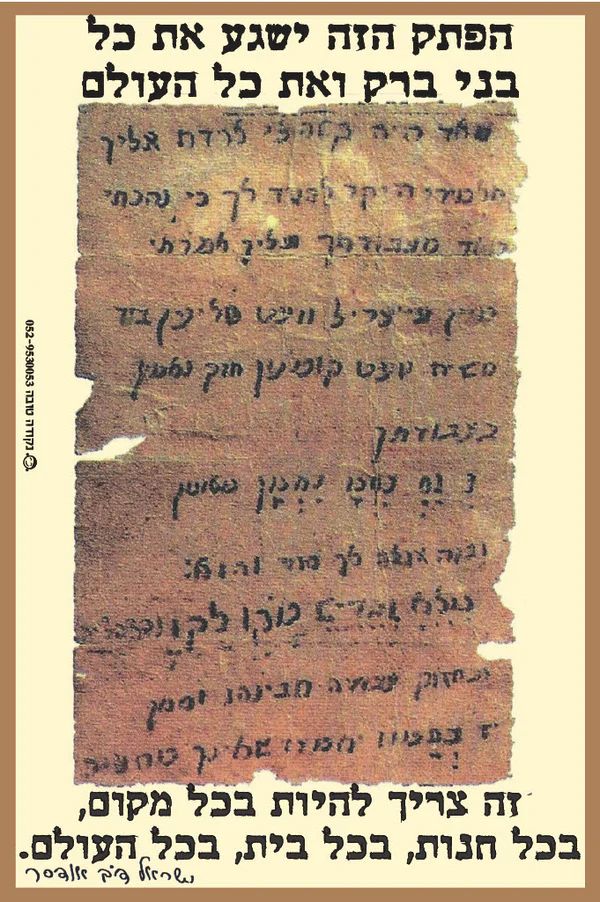




2/09/2021
Dennis Rosen, you have helped us all realign our daily focus. How can we, as the Talmud advises, learn from everyone–incliding rashaim and bad actors who seem to be on top–and wickedly hurting others? Only by praising Hashem for All the Goodness–that which we see, and that which we don't see, because it is so well disguised.